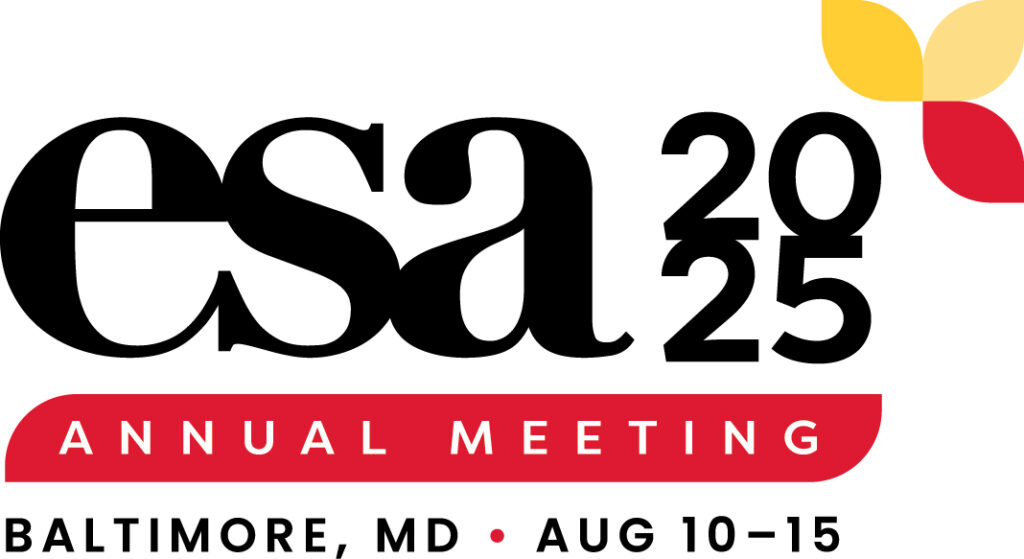
If you are going to the Ecological Society of America Conference in August 2025, the EFI Social is on Tuesday, August 12 and the EFI-hosted session on “Ecological Forecasting for Research and Decision Making” is on Thursday, August 14. Details about all the forecasting-related activities will be kept updated on this blost post: https://ecoforecast.org/efi-at-the-ecological-society-of-america-2025-conference/.
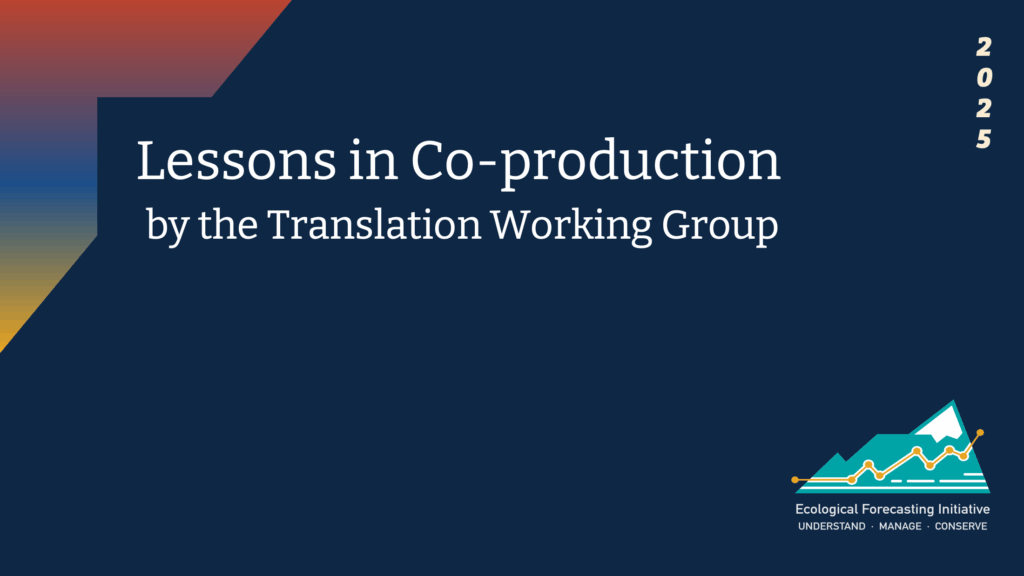
Engaged Science Tutorials. The EFI Translation & Actionable Science working group is rolling out short YouTube tutorials on the why, what, who, when, how, and barriers to engaging with interested parties, rightsholders, and end users of forecasts. Each tutorial also provides snippets from interviews with EFI community members and teams that exemplify a range of ways such collaborations have taken place.
You can find more details at: https://ecoforecast.org/engaged-research-tutorials/ Recordings will continue to be made public over the summer.

The fifth round of the Statistical Methods Webinar series co-hosted by EFI and the ESA Statistical Ecology Section will start in September!
Join us on September 8, 2025 for an “Introduction to continuous-time movement modeling for animal tracking data” by Christen Fleming (University of Central Florida)
Zoom registration link: https://bit.ly/4lRRbGl
Upcoming schedule details will be added to the recordings and resources from all the webinars on the Statistical Methods Seminar webpage.
Email info@ecoforecast.org if you have suggestions for R or Python packages you would be interested in learning more about or have suggestions for speakers.
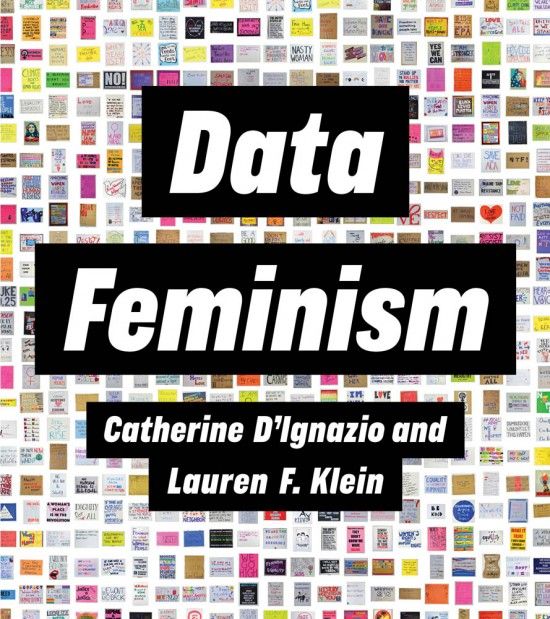
The 2025 EFI book club took place in June and July to read and discuss Data Feminism. The book is available wherever books are sold, online at https://data-feminism.mitpress.mit.edu/, and as an audiobook on Hoopla and other sources of audiobooks.
Find more details at: https://ecoforecast.org/resources/efi-book-club/
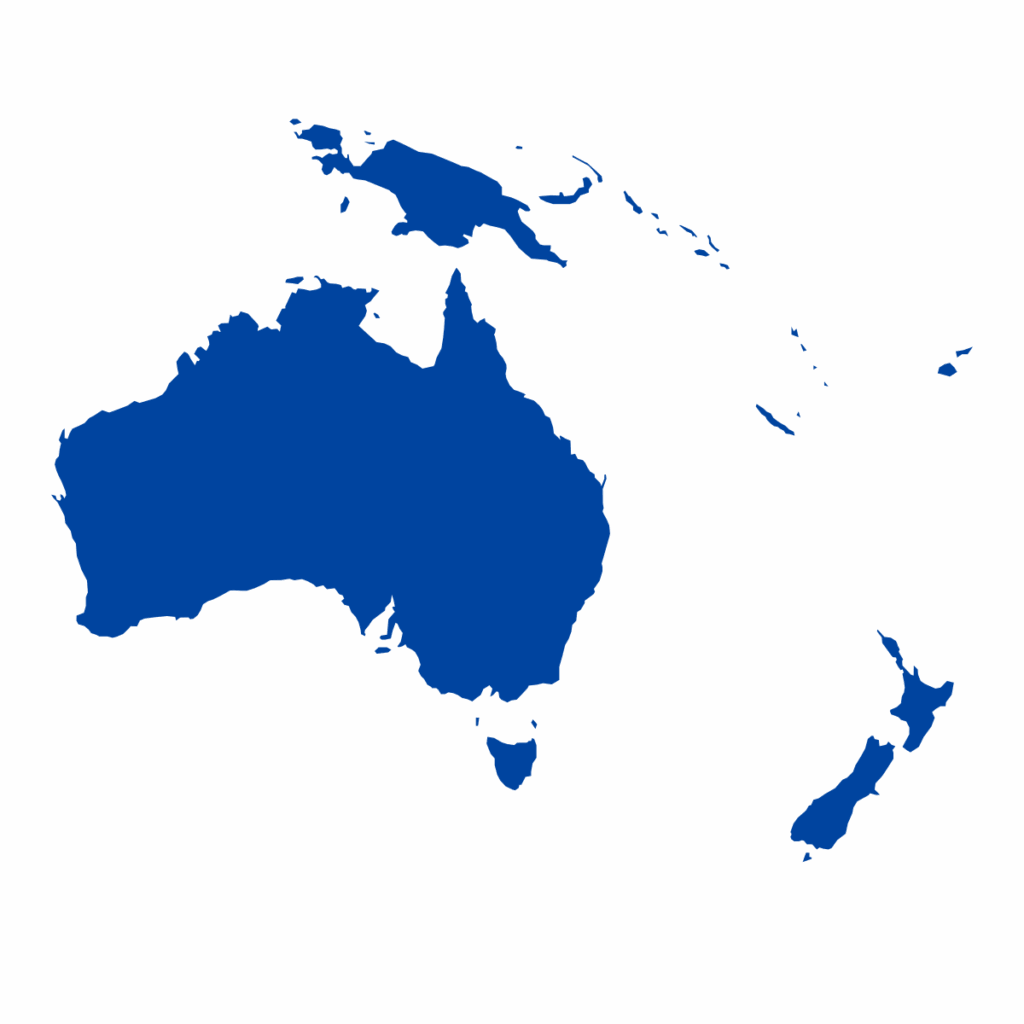
The Oceania EFI Chapter (OEFI) is hosting virtual seminar calls on 20 May, 24 July, 24 September, and 20 November at 3pm Sydney times.
The May seminar was on ‘Recent advances in satellite earth observation based water quality monitoring and forecasting in complex coastal ocean waters’. A recording for this seminar is now available.
The July call focused on plans for writing a horizon scanning manuscript by the OEFI community. Details from that call will be shared with the OEFI listserv.
OEFI will host a session at MODSIM. Abstracts and paper submissions due August 2025. Find details about MODSIM, upcoming calls, recordings from previous OEFI calls, and sign up for the OEFI list serv at https://ecoforecast.org/oceania-ecological-forecasting-initiative/
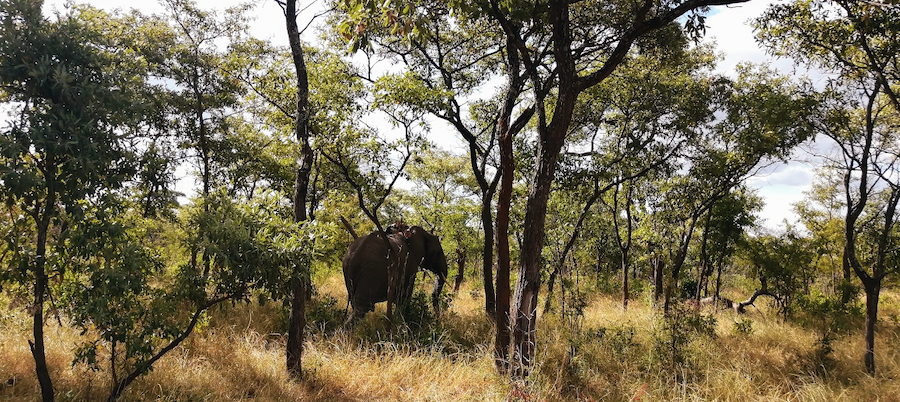
The African EFI Chapter (AEFI) has officially launched! The group hosted a short course in Cape Town 21-25th July.
Find course content and details at: https://ecoforecast.africa/events/past/course_2025/
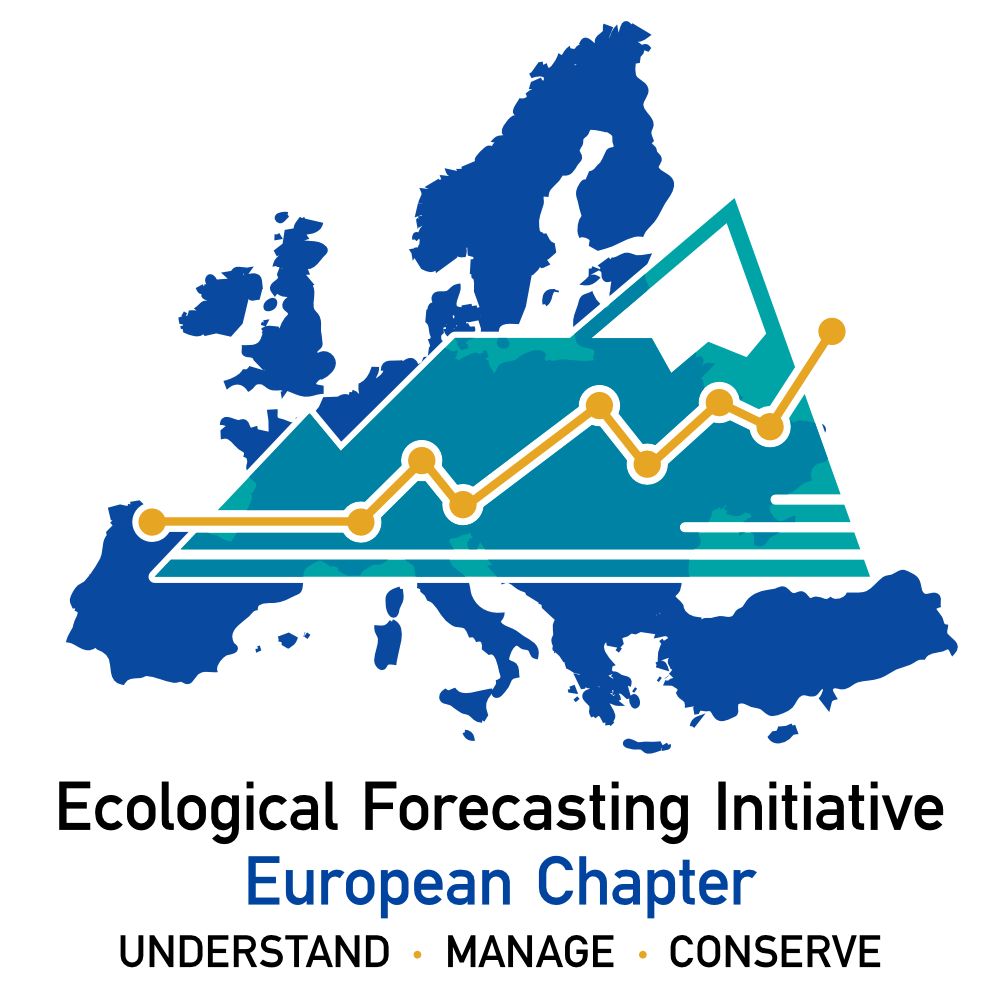
The European EFI Chapter (EEFI) hosted a Community Call on 11 June to share activities in progress and upcoming opportunities to build the European ecological forecasting community and gather feedback from the European forecasting community. A recording is available at: https://youtu.be/OxkBqcfsgnQ
The group will take a break for the summer from their monthly seminar series which will pick back up in September!
Find details about EEFI activities at: https://euro-ecoforecast.wordpress.com/

AGU & ESA Joint Special Collection Call for Papers
This special collection jointly hosted by the American Geophysical Union (AGU) and the Ecological Society of America (ESA) focuses on the emerging field of ecological forecasting, which involves predicting the future states of ecosystems. The issue welcomes contributions that use novel methodologies, interdisciplinary approaches, real-time data integration, and multi-forecast synthesis to enhance the accuracy, uncertainty representation, applicability, and equality of ecological forecasts.
Submissions can be included in multiple AGU and ESA journals, see the full list of journals and details here: https://ecoforecast.org/special-collection-ecological-forecasting-in-the-earth-system/
Submission deadline: October 31, 2026
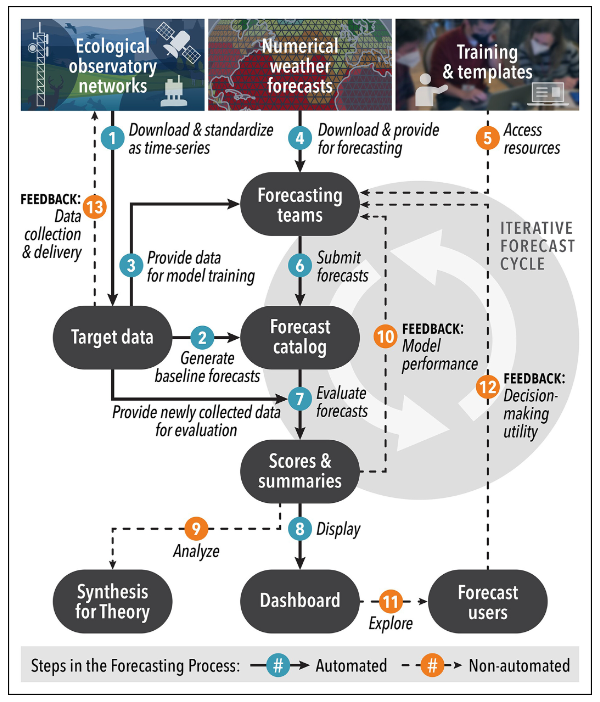
There are now three Forecasting Challenges available for anyone to participate and submit forecasts to.
1) EFI NEON Ecological Forecast Challenge.
2) EFI-USGS River Chlorophyll Forecasting Challenge.
3) Virginia Ecoforecast Reservoir Analysis (VERA) Forecasting Challenge.
Forecast Challenges can be used for classroom instruction. The cyberinfrastructure is now also set up to support stand-alone Forecasting Challenges that allow people to submit forecasts that are checked for alignment with the metadata standards, scored, cataloged, and visualized on a dashboard for non-NEON data streams.
